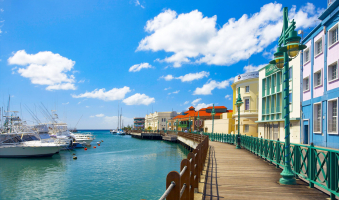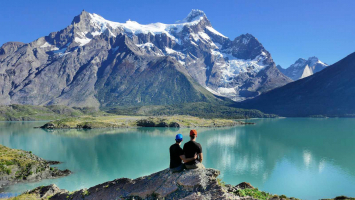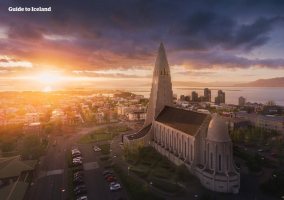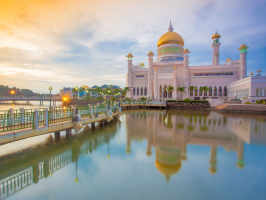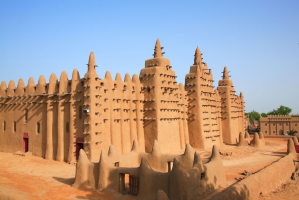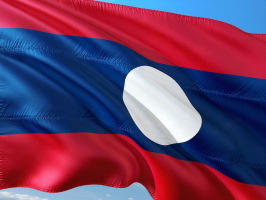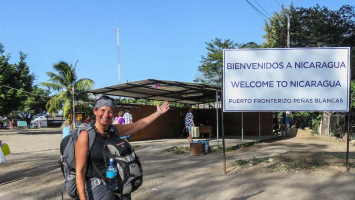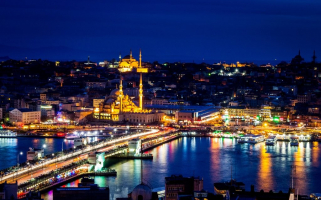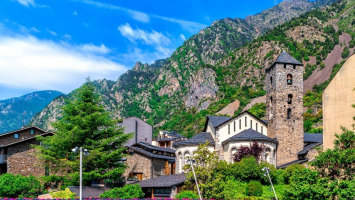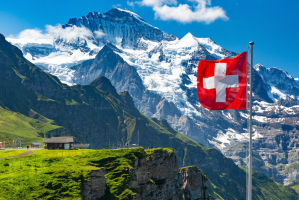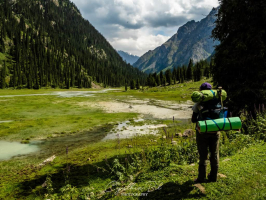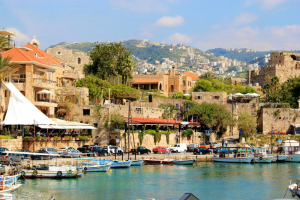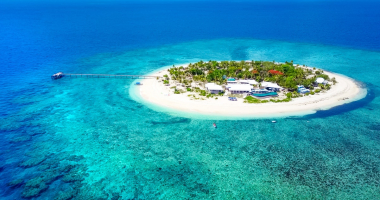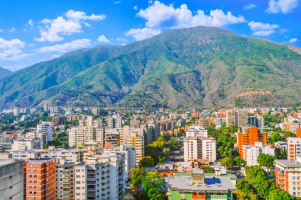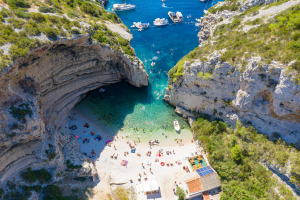Top 10 Things About Egypt You Should Know
For hundreds of years, Egypt has captivated travelers' imaginations. The renowned pyramids and other historical artifacts, paired with more contemporary ... read more...resorts like Sharm el-sheik, make coming to Egypt enticing. Unprepared travelers, on the other hand, may find themselves in perilous circumstances. There are a lot of key things about Egypt you should know before coming to this country that everyone considering visiting should consider in order to keep safe, and healthy, and avoid getting ripped off. If you are interested in this country, don’t forget to save the list of the things to know before traveling to Egypt that Toplist has compiled for you.
-
Egypt is one of the nations where Americans require a visa, and while you may purchase one ahead of time, American, British, and Canadian travelers are not required to do so. On arrival in Egypt, you may obtain a 30-day single-entry visa for $25 USD (multiple-entry visas are only available in advance for $60). Before you line up to go through immigration, seek out the bank windows labeled "Visa on Arrival." They are on your left and behind you.
Purchase your visa stamp from one of those windows, attach it to your passport, and go to the immigration queue. Some tour firms include the cost of the visa in the trip price, in which case your guide will most likely meet you before immigration and provide you with the visa stamps. It's as simple as that. You might also obtain an Egypt Visa online before traveling to Egypt. You won't have to worry about going to the bank and having cash on hand. It's definitely one of the things about Egypt you should know before visiting this country.
Things to Know Before Applying for an Egypt Visa:
- Egypt e-Visa's are valid for 90 days after they are issued. If you go through iVisa, they will make sure to submit your application so your travel dates fit within this window.
- 30 days is the amount of time you can stay in Egypt. Both the e-Visa and the visa on arrival are valid for 30 days. If you overstay your visa, you could be fined, deported, or even banned from Egypt for any future travel.
- A passport must be valid for 6 months from when arriving in Egypt.
- Minimum of one blank page in your passport.
- Printed e-Visa copy, if you obtained an e-Visa you must present a printed copy to the immigration officers.
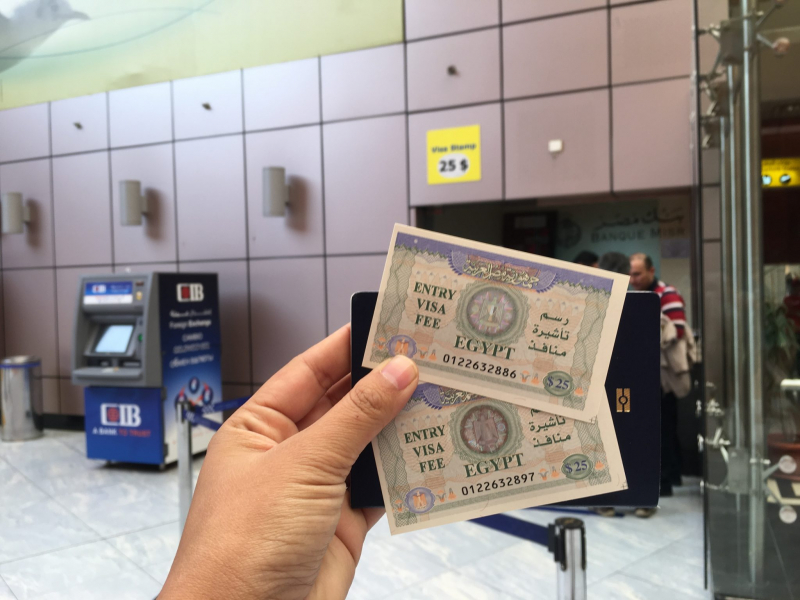
explorewider.com 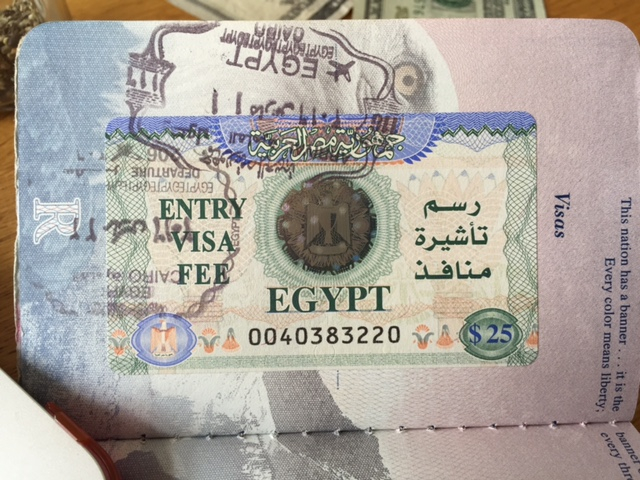
gettingstamped.com -
In Egypt, security is omnipresent. Buses are halted when they approach hotels so that they may be examined. Every time you enter a huge hotel lobby, you must go through a metal detector (though the checks themselves are not always so thorough). And every tourist bus is accompanied by an armed guard who follows you everywhere you go. Armed military police are visible, especially in Aswan. Is all of this making you feel safe?
To be honest, you are probably more at risk in Cairo from traffic than from crooks or terrorists, and you may stroll outside your hotel at any time of day or night. The Egyptian government is acutely aware of its security issues, and while some places in Egypt are not safe (in particular, parts of the Sinai other than Sharm El Sheikh and parts of the Western Desert), most tourist areas feel as safe as any other part of the world. Significant government efforts to enhance security and public image of Egypt as a safe destination have resulted in tourism numbers steadily improving, reverting to pre-2011 levels.
Visitors must now go through an identity check and a metal detector scan to enter any of Cairo's major museums or obtain access to the pyramids. Bag checks in museums in both London and Paris have been implemented in the aftermath of terror incidents in major European cities. Furthermore, the police are vigorously enforcing an existing requirement requiring tour operators to retain and report their tour group itineraries.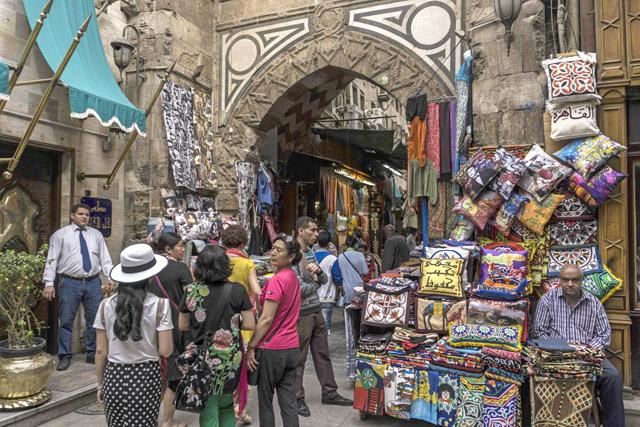
jordantimes.com 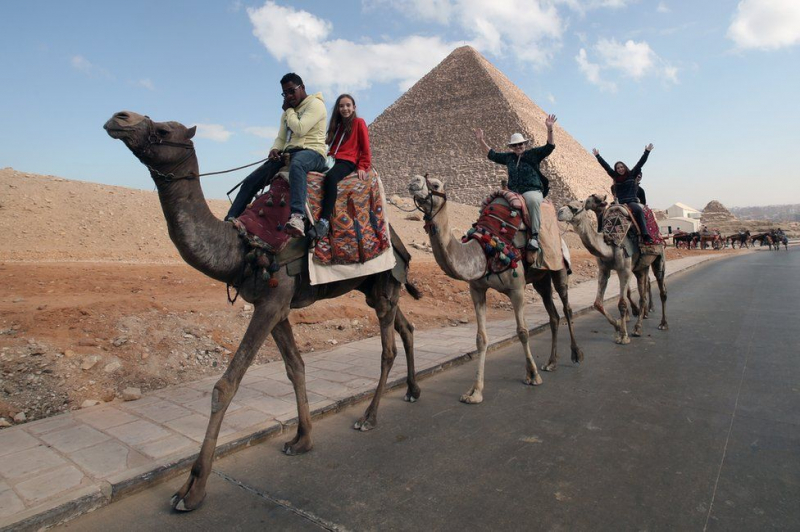
bbc.com -
Tipping is not required in Egypt. You are on your own itinerary, and the cost of your program does not include gratuities. Tipping is a highly personal decision that should be made only when the staff has gone above and beyond for you. If you want to thank them for their service, please use the following as a general guideline, per person each day. Because Egypt provides a lot of personalized care, you'll find yourself tipping frequently. Because most individuals do not demand enormous sums, a gratuity of 5 or 10 Egyptian pounds is frequently sufficient. In public facilities, you'll almost probably need to tip (you won't obtain toilet paper until you tip), and the attendant expects at least 5 pounds per person. This is also one of the things about Egypt when you come to this country.
Expect your hotel room staff to come to your door a few minutes after you arrive with new towels or anything you didn't request; he's probably seeking a tip. Give him a small amount if you want to build a relationship (20 Egyptian pounds—about $1 USD) and you could get your room cleaned faster than everyone else. Every morning, you should also leave a little gratuity. Keep a little cash for tips and, if possible, tip exclusively in local currency.
Note: Please keep in mind that bathroom attendants are highly widespread in Egypt, especially in airports, bazaars, and other tourist destinations. While it is not required, it is usual to tip these workers with Egyptian Pounds equivalent to around 25 to 50 cents.
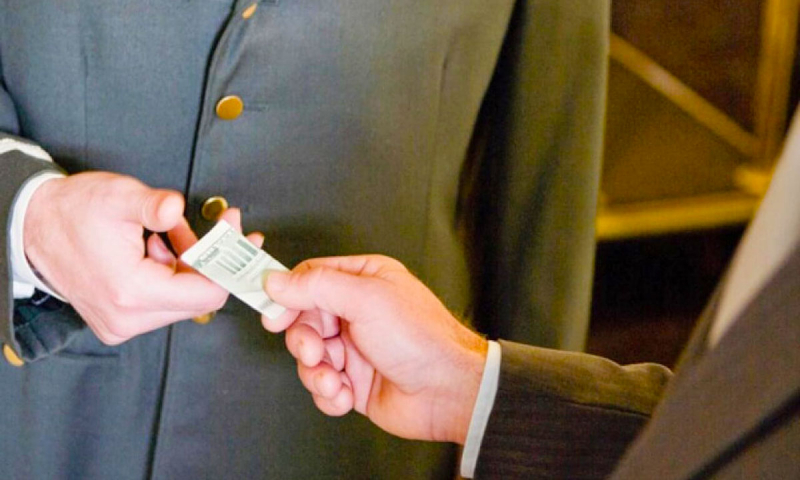
egypttoursportal.com 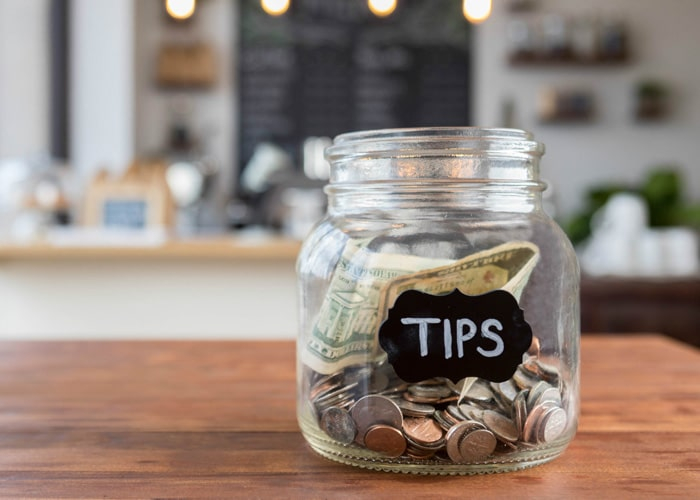
egypttimetravel.com -
Egypt is still a country where cash is king, so you'll need cash for most modest and even some major transactions. You can use a credit card to pay for your hotel stay and certain significant purchases in stores, but the majority of your transactions will be in cash. U.S. debit cards are accepted at most ATMs, but not all of them, so you may need to try more than one (Banque Misr ATMs usually work). Most big hotels (particularly in Cairo) feature a bank branch where you may exchange US dollars. As a result, pack at least $200 in US cash, preferably in $20 notes, so you may convert it if necessary.
If you withdraw Egyptian cash from an ATM (which is still your best choice), you'll probably get largely bigger notes, so you'll just get change when you buy something. Larger banknotes can often be exchanged for smaller amounts in a bank or at the front desk. If all else fails, guides are aware that you will require local money to tip and make modest purchases, and the better ones will carry a huge supply of tiny notes on hand to break your larger bills. However, if possible, avoid tipping in foreign currency. There is always a fee to turn US dollars back into Egyptian pounds, and US cash cannot be used by Egyptians.
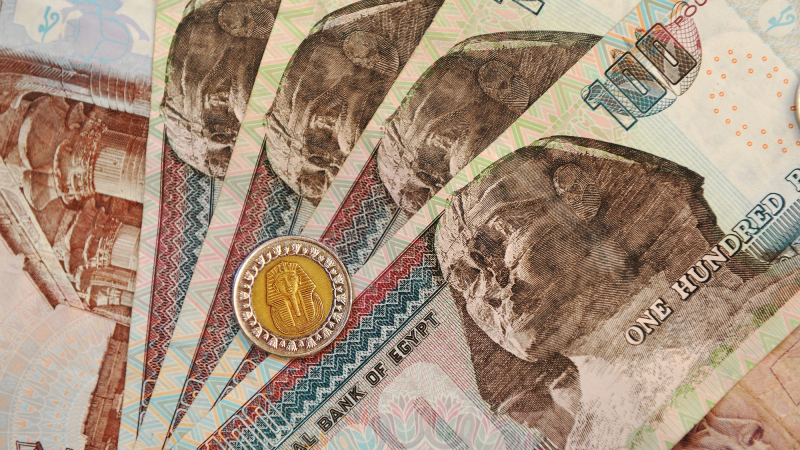
tripsavvy.com -
The effect of the Egyptian heat cannot be overstated, especially if you visit during the warmest months of the year, from June to August, when daytime temperatures in Luxor and Aswan consistently reach at least 40°C (104°F) and reach much higher (up to 48°C/118°F) in the Western Desert. Even so, it may be 32°C (90°F) in Cairo and even hotter in the pyramids. Winter temperatures are comfortable, if occasionally chilly at night, and there is minimal rain. Sandstorms are more prevalent in April, but they can happen at any time from March through May.
So, how do you handle these extremes? Ironically, the Egyptians' solution is to cover up even more. Wear a collared shirt (to protect the back of your neck), a hat (preferably with a brim), and a bandana (with which you can mop your brow but also cover your nose if a sandstorm erupts). Linen and lightweight cotton are your friends when it comes to materials, but some of the newest moisture-wicking fabrics may be just as beneficial. Pack plenty of sunscreen because excellent, high-quality sunscreen is hard to come by in Egypt (and when you can find it, it's really costly). And bring a refillable water bottle; while bottled water is available everywhere, it's good to do the world a favor and replenish from a larger (and possibly cheaper) large bottle.
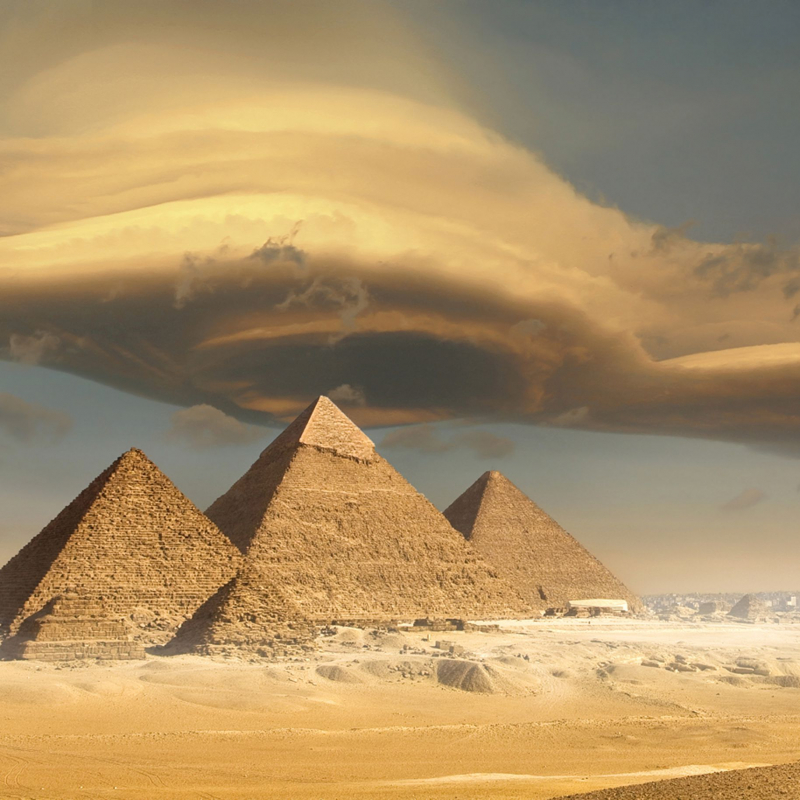
tripsavvy.com 
egypttoday.com -
Despite considerable rhetoric about raising standards, the lives of Egyptian animals have not changed significantly in the last decade. Stray dogs and cats still wander the streets; horses labor in hot and congested conditions, particularly near the pyramids and at Edfu's ports; and fatigued camels wait ready to give visitors rides practically everywhere. Because the majestic Temple of Horus is deep in the city and distant from the docks where cruise ships land, practically all tour operators arrange for their customers to take the horse carts to the temple.
The guides will select the finest intermediaries to assist them in finding dependable operators, but there's no question that the horses are all in bad shape. A tuk-tuk may be feasible, although they are normally not permitted to approach the ship docking locations. The greatest thing travelers can do is insist on humane treatment of animals and protest against tour operators when this is not the case, especially when animals are a part of a tour activity. You can opt not to ride a camel or a horse, but there are instances when either is required.
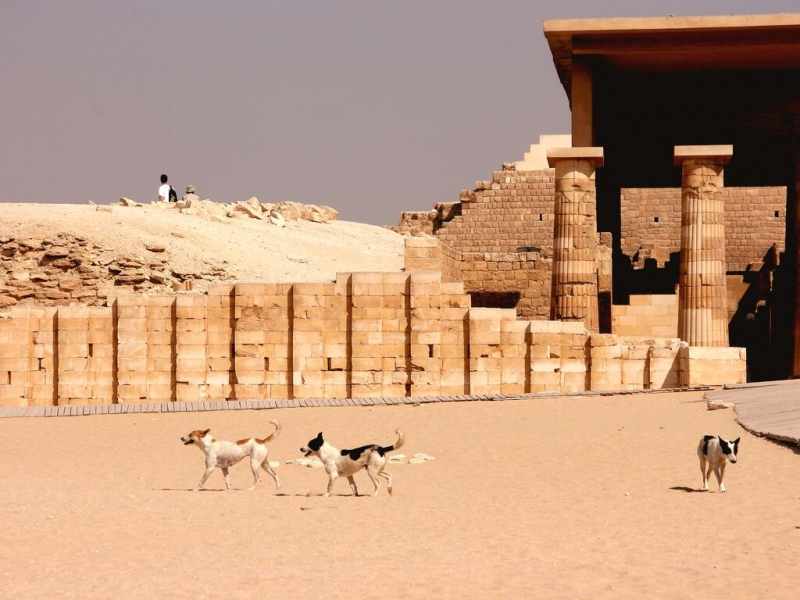
fodors.com -
Despite Egypt's religious conservatism, alcohol is widely available, particularly in large hotels and some restaurants. Even the most modest Cairo hotels are likely to feature a rooftop bar, and while many premium cafés do not offer alcohol, the majority of restaurants do (though likely only beer and wine). The environment becomes more conservative as you go south, and when you get to Aswan, you'll likely find fewer opportunities for drinking outside of the huge hotels and their restaurants. You must, of course, pay for the privilege. Because imported alcohol of any type is pricey, you may want to try the local beers and wines instead. Three local brands are generally accessible, although additional brands are available.
Cape Bay (made in Egypt from South African grapes) is the finest of the bunch, followed by Omar Khayyam and Obelisk; any of these would suffice in a pinch, but you won't want to take any bottles home with you. Stella and Sakara are two beers that can be obtained practically anywhere and are both quite nice. You may be better off sticking to foreign gin and tonics. However, there are several no-nos. It is never okay to drink on the street. Drinkies and Cheers are two local liquor businesses that deliver. At all costs, avoid any extremely inexpensive, local hard alcohol.
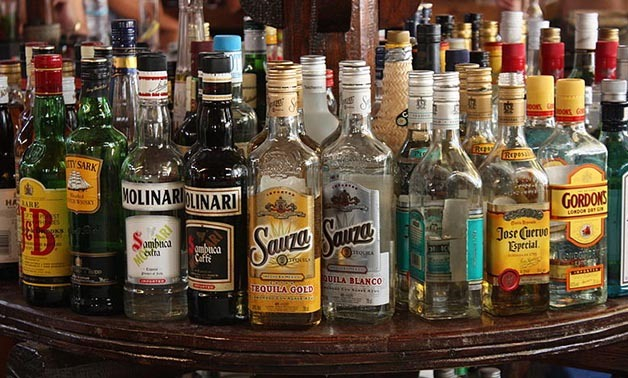
egypttoday.com 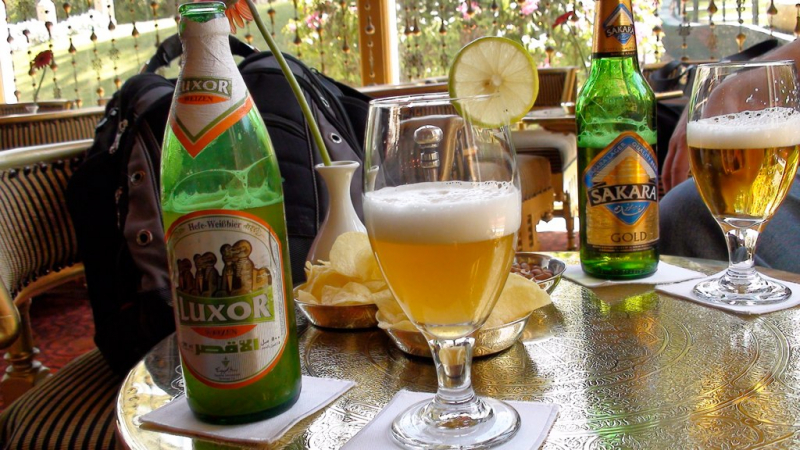
en.wikipedia.org -
Choosing your food carefully is one of the things about Egypt you should know. Visitors to Egypt frequently complain about food sickness. Food that has not been properly kept and chilled is frequently the source. If you want to be safe, follow the rule of boil it, peel it, or forget it; nonetheless, fresh tomatoes, cucumbers, and other salads may entice you at posh hotels (most vegetables in luxury hotels are rinsed in filtered water and are OK to eat, but you are always taking a chance). Fresh hummus and baba ghanoush will definitely entice you (cold meze are inevitable at Egyptian restaurants), and it's probably safe to consume these dips in most respectable establishments. Avoid true street food, but do not avoid any grilled meat in restaurants as long as it is adequately cooked. Because a lot of Egyptian cuisine is fried, it's not a healthy option, but it increases the probability that you won't get sick.
Fast-food businesses abound in Cairo and tourist areas, and they adhere to high food-safety requirements. Even if you're ready to take a chance on fresh veggies, always drink bottled water, even at the most luxurious hotel. Brush your teeth with it as well. If you are concerned, you can take a Pepto-Bismal pill daily. If you fall unwell, pharmacies are generally available, and pharmacists may often provide antibiotics and other treatments without a doctor's input.
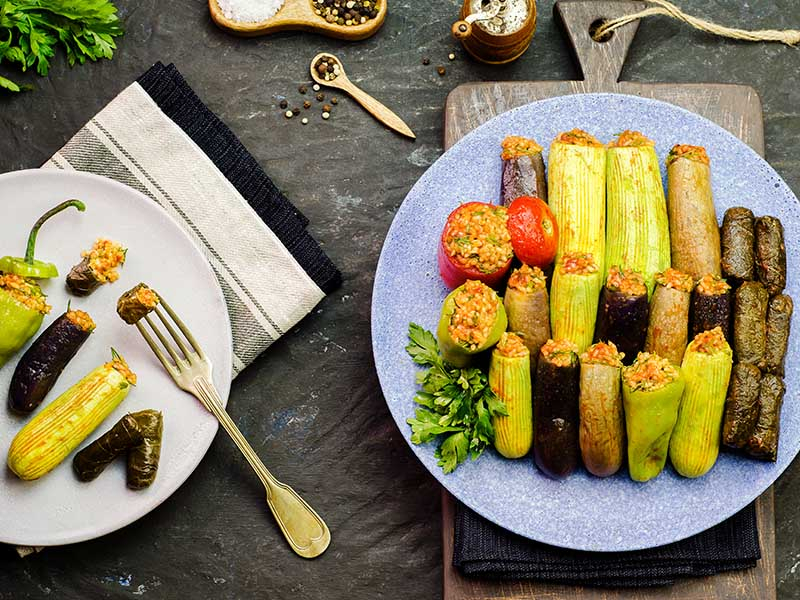
academie.com 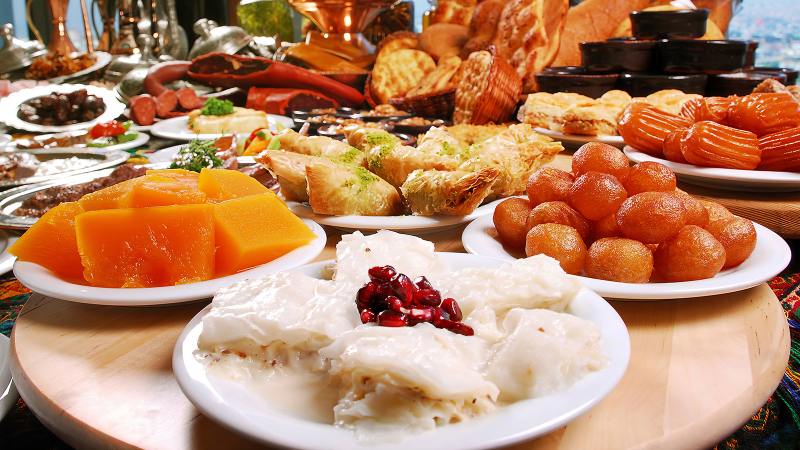
edition.cnn.com -
While Egypt is becoming more religious and conservative, it is still a highly global country. It is the epicenter of the largest film industry in the Arabic-speaking world. There will surely be ladies wearing hijab (headscarves), niqab (facial coverings that leave the eyes visible), and even burka (a full-body and face covering). Locals, on the other hand, are equally as likely to be dressed modestly in Western ways.
Alcohol sales are not fully prohibited during Ramadan, as they are in certain Arab nations, and foreign travelers may notice few alterations other than livelier streets after nightfall. Women may still attract unwanted attention, particularly if they are not dressed modestly. In mosques, both men and women are encouraged to wear long pants, but women should wear a head covering or scarf. The south is more conservative than the north, especially as one moves away from popular tourist destinations.
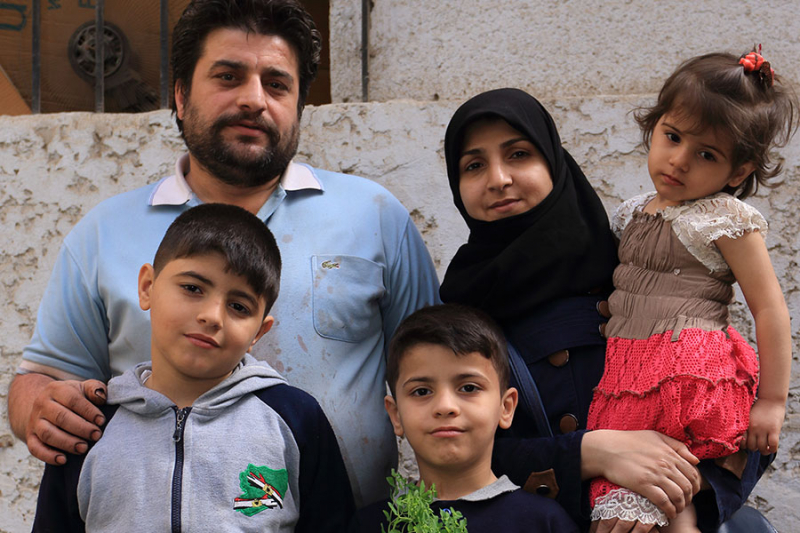
tdh.ch -
Prices for most items (save those in food and convenience stores and a few fixed-price establishments) are not established, and you are supposed to barter with the vendor until you agree on a price that presumably satisfies both sides. So the idea goes, but in practice, this is possibly the most annoying aspect of shopping in Egypt because nothing occurs swiftly. As a visitor, you will nearly always overpay. The best you can do is haggle hard and refuse to buy something if you believe the price is not fair. If a vendor gives a price, respond with no more than half of that amount (and likely no more than a quarter). That will put you on good footing for your negotiation.
You should brace yourself since vendors can be pushy, so if you're not interested in an item, don't ask about it. Simply put your head down and walk on. If you pause to touch or appreciate anything, you will almost certainly be asked for your price. If you can't agree on one, it's fine to walk away without regrets. Just don't be shocked if the vendor changes his mind and pursues you all the way to your bus's door. Cairo offers the most diverse range of items, but many are imported and of low quality. Touts at several of the post-temple marketplaces along the Nile are among the most aggressive salespeople, particularly in Edfu and Esna. Many people believe that shopping in Aswan is more pleasurable, but you'll still need to negotiate hard. It's definitely one of the things about Egypt you should know if you want to buy something here.
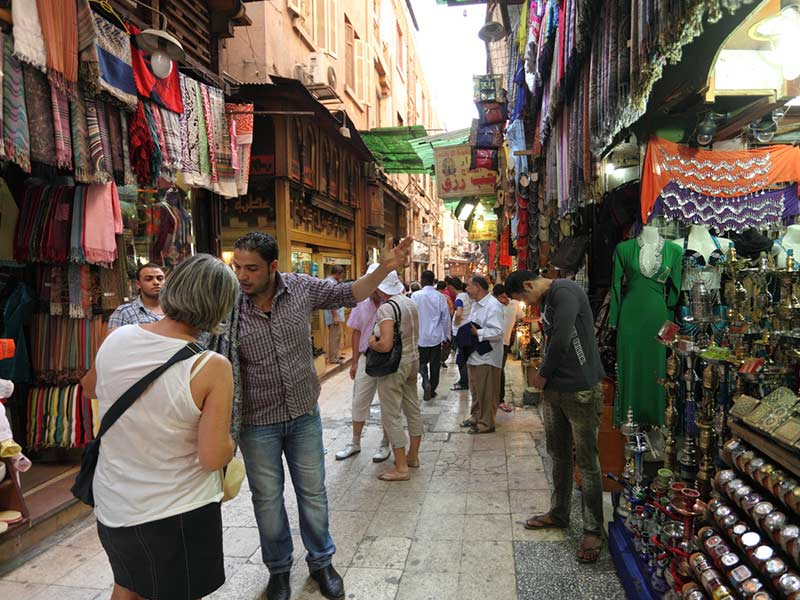
amatravel.ca 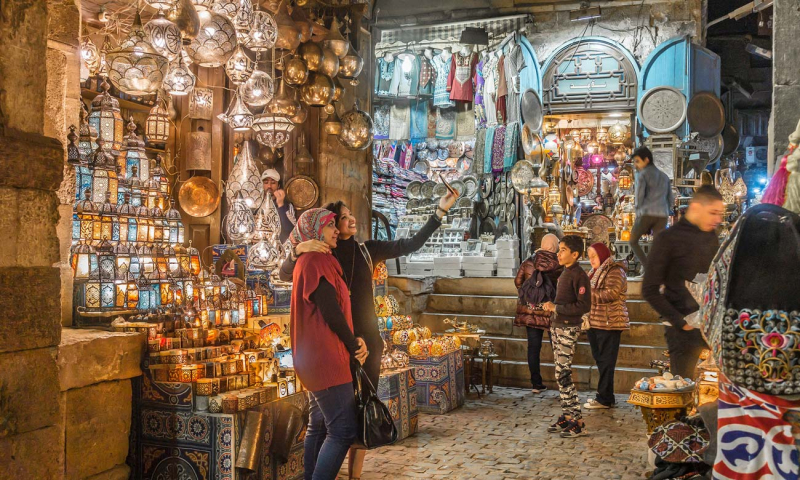
egypttoursportal.co.uk












